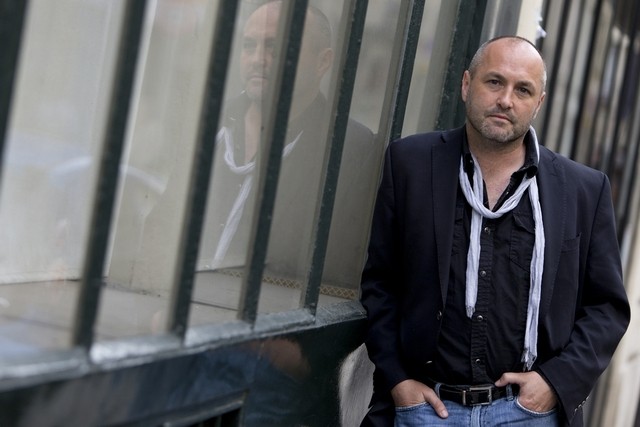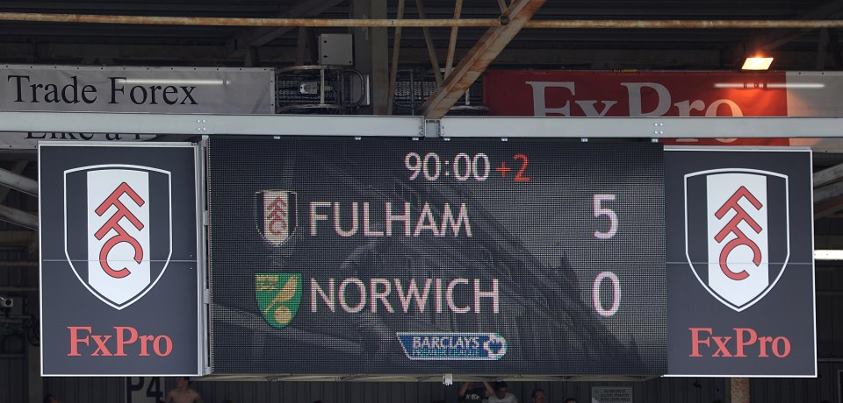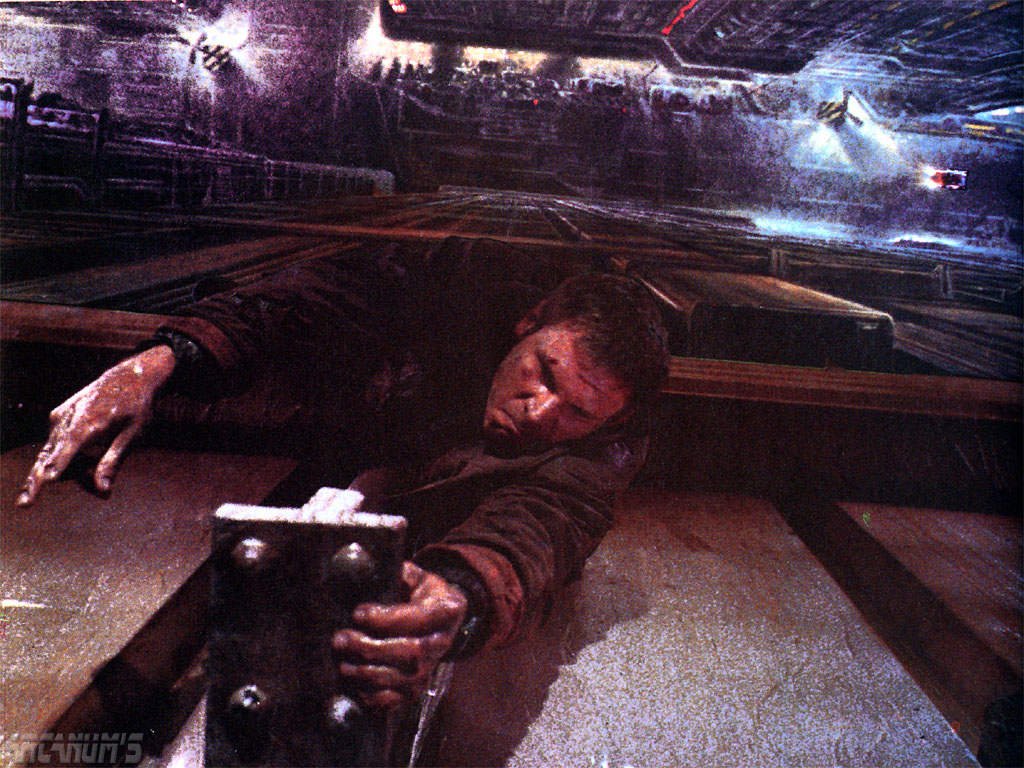Last year, award-winning Irish writer Colum McCann was pondering his next move after the incredible praise afforded to his 2013 novel, Transatlantic.There was a novella in the works, and a couple of short stories were taking McCann in interesting directions, including Afghanistan.
There was even a film adaptation of his novel Let The Great World Spin in the works with JJ Abrams, only for the director to put it on the back burner and travel to Abu Dhabi to shoot Star Wars Episode VII: The Force Awakens.
Then McCann’s world came crashing to the ground. He went to help a woman who was being assaulted. He thought he would diffuse the situation, only to wake up in a Connecticut hospital with multiple injuries, having been attacked from behind and knocked unconscious.
Incredibly, the novella forming the major part of his wonderful new collection, Thirteen Ways Of Looking, already had at its heart a man who is the victim of a seemingly unprovoked attack.
“It was so strange,” he says. “This thing that happened to me wasn’t the launch pad for Thirteen Ways Of Looking, but in editing the stories and figuring out what they were about, I was able to use my experience. They became more ambiguous and complicated.”
In fact, McCann’s initial instinct was to keep his attack a secret, but being a major literary figure, that was impossible. The publicity led to many letters from people who had had similar experiences, most telling him that he should write something, that he “must not become a glass-half-empty type of person”.
I tell him that I was also attacked from behind in the street, 20 years ago. McCann, engaging and chatty, is intrigued by the detail, and once I’ve finished describing the incident, there’s a pause.
“Well,” he says, “I haven’t said this to anyone so far and maybe I’m only saying this now because this happened to you. But in writing this collection I feel like I’m destroying my attacker’s punch, maybe even punching him back. He doesn’t own me.”
McCann isn’t vengeful. In fact his victim impact statement says that he didn’t want a jail sentence for the assailant. “I have forgiven my attacker, but I will never ever excuse him,” he wrote.
The most obvious manifestation of this feeling in the book is revealed in Treaty, a short story in which a nun tracks down her abuser years later and quietly tells him her name. There is no thought of revenge in her mind, just recognition. Suddenly, she has all the power.
“Exactly,” McCann says, “It’s really important for him to know she survived, she is there. For me, that story was about grace and liberation. That it is possible to talk about these experiences without having to live through them again.”
McCann recognises that this collection is certainly the most autobiographical of his career. The story set in Afghanistan, What Time Is It Now, Where You Are? is the first time he has used himself as a character, as a slightly bemused writer trying to flesh out the story of a marine at a US army barracks on New Year’s Eve. It’s funny, self aware and “a story that spins out of itself, like a cobweb”.
He admits it could have been set anywhere really, but in McCann’s writing there is recognition throughout of a world outside the West.
In the title story, the protagonist’s daughter is a diplomat “pleading and cajoling and mollifying her heart out” for the Middle East peace process.
In Sh’Kol, a translator of an Arab-Israeli novella looks for a word that can properly explain the grief that parents feel when they lose children. She comes across it in Arabic: “thakla, a mother, mathkool, a father”.
“You noticed,” he says with a laugh. “I’m actually going to the West Bank next month and again in May. I want to try to figure out a way of writing about that part of the world.
“I’m never going to get it right obviously, but I think sometimes it is necessary to try to tell stories from the outside. My parents were married in Cairo in the 1950s, so the beauty and depth of the Middle East, and its stories, really interests me. And that’s what I really love about writing – the journey of exploration, figuring out what it is you want to know, and do know, about the world. That’s the adventure.”


